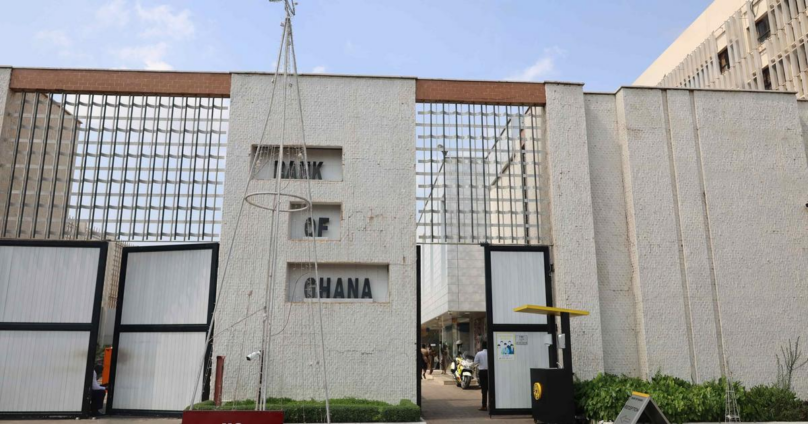Source: Africa Publicity
The International Monetary Fund (IMF) has raised concerns over the Bank of Ghana (BoG) selling about $1.4 billion in foreign exchange during the first quarter of 2025, urging the BoG to scale back its market interventions and adopt a more flexible exchange rate regime.
IMF raised the concerns in its latest review of Ghana’s economic programme, saying “The Bank of Ghana’s footprint in the FX market continued to increase.”
According to the IMF, “large-scale FX intervention continued in 2025, reaching $1.4 billion in the first quarter.”
This marks a significant acceleration in market activity, surpassing the total $1 billion injected throughout 2023. In 2024, interventions rose to $3 billion, including a record $2 billion sold in the final quarter ahead of the general elections.
IMF has therefore recommended the establishment of a formal internal framework to guide interventions, improving both transparency and predictability.
Meanwhile, Bank of Ghana officials have attributed the increased forex sales to persistent dollar-denominated obligations in the energy sector which include monthly payments to independent power producers, fuel suppliers such as the West African Gas Pipeline Company, and importers of refined petroleum. Fuel imports alone average around $400 million per month, creating a quarterly demand of roughly $1.2 billion.
Despite the large interventions, Ghana’s foreign exchange position remains strong. Robust inflows—driven by elevated gold prices, increased domestic gold purchases, stronger remittances, and improved cocoa earnings—have boosted gross international reserves to $10.6 billion, equivalent to 4.7 months of import cover.
These buffers have enabled the Bank to continue supporting the cedi without jeopardizing macroeconomic stability. The cedi, which opened 2025 at 14.7 to the dollar, is currently trading at 10.37—making it the best-performing currency globally this year.
Analysts credit this rally partly to a weaker U.S. dollar under President Trump’s economic policies, but more significantly to Ghana’s fiscal discipline and rising gold revenues. However, the scale of central bank intervention remains a critical factor.
At the current pace, the Bank of Ghana could end the year having sold approximately $5.6 billion in foreign exchange—nearly double the 2024 total. This outlook depends heavily on sustained inflows, particularly from gold exports amid persistently high prices.
Yet, over-reliance on commodity-driven inflows poses risks. A downturn in gold or cocoa prices could leave the cedi vulnerable to renewed pressure. Should reserves falter or external shocks arise, the risk of sharp depreciation could return.
The IMF has emphasized the importance of transitioning to a more structured, rules-based approach to forex management. Without it, Ghana risks moving from intervention-led stability to market volatility if inflows dwindle.
While the cedi’s performance in 2025 is encouraging, maintaining these gains will require clear policy guardrails and strategic planning—not just reliance on favorable external conditions.








